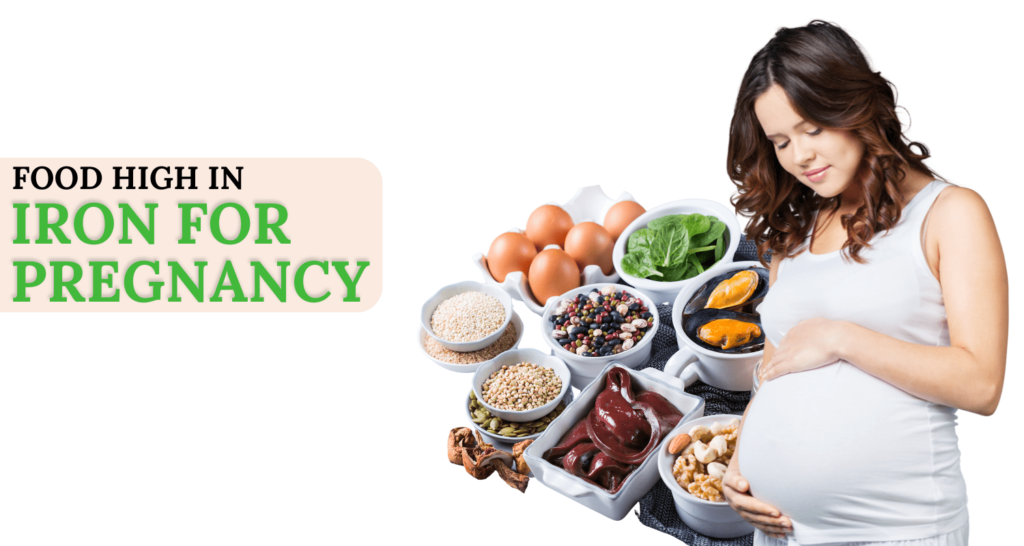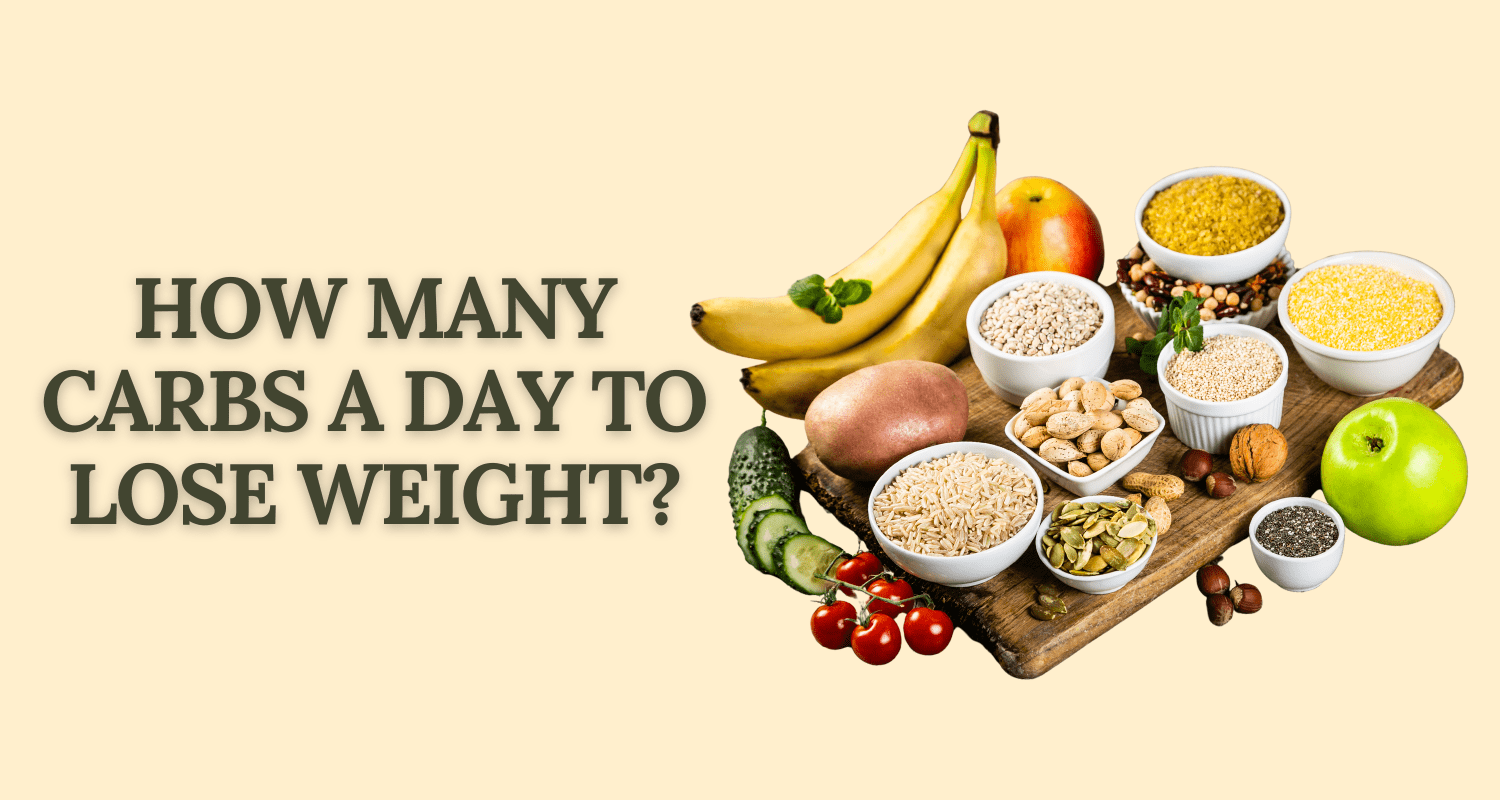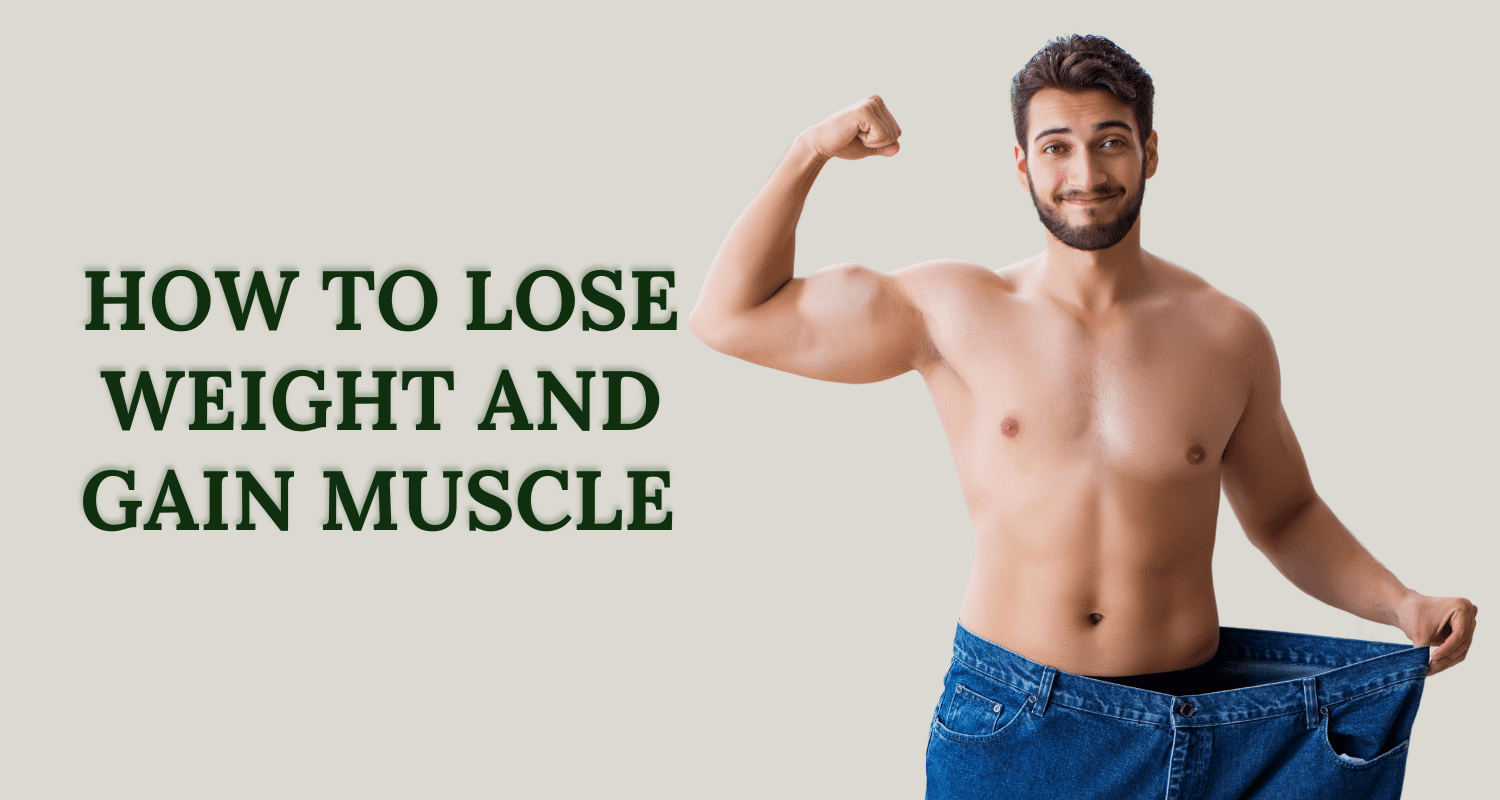Did you know that iron deficiency anemia affects approximately 20% of pregnant women worldwide?
Iron is an essential nutrient during pregnancy as the body needs more red blood cells to support both the mother and the baby.
To prevent and treat anemia, expectant mothers need to consume iron-rich foods in their diet.
In this article, we’ll explore the importance of foods high in iron for pregnancy. We’ll also discuss the best sources of iron for pregnant women, the tips and tricks for consuming iron-rich foods during pregnancy, and how to enhance absorption for high efficiency.
Let’s dive into foods high in iron for pregnancy.
Key Takeaways:
- Including iron-rich foods in the diet is crucial for pregnant women to meet their increased iron needs.
- Some of the best foods high in iron for pregnancy include meat, poultry, fish, beans, and dark green leafy vegetables.
- Vitamin C-rich foods can enhance iron absorption, while calcium-rich foods should be avoided with foods high in iron for pregnancy.
- Iron supplements may be prescribed if the woman is anemic or at a higher risk of iron deficiency.
- Consulting with a healthcare provider is essential to ensure optimal iron intake during pregnancy.
Importance of Iron During Pregnancy
Iron plays a crucial role during pregnancy as it helps in the production of red blood cells, which are needed to supply oxygen to the fetus.
As the body changes to support the growing baby, the iron requirements increase significantly.
It is therefore essential for pregnant women to prioritize their iron intake to prevent iron deficiency anemia and its potential effects on both the mother and the developing fetus.
Iron deficiency anemia in pregnancy can lead to complications such as preterm birth and low birth weight.
Since iron is essential for the formation of hemoglobin, which carries oxygen to the tissues, a deficiency can affect the growth and development of the baby.
Adequate iron intake during pregnancy is crucial for the overall health and well-being of both the mother and the fetus.
Pregnant women require approximately 27 milligrams of iron per day to meet the increased demands of pregnancy.
This requirement can be fulfilled through a combination of heme and non-heme sources of iron.
Heme iron is derived from animal-based products like meat, poultry, and fish, while non-heme iron is found in plant-based foods such as beans, lentils, leafy greens, and grains.
The Role of Iron in Pregnancy
Iron is involved in the production of red blood cells, which are responsible for carrying oxygen throughout the body.
During pregnancy, the amount of blood in the body increases to meet the needs of the growing fetus.
This expansion of blood volume requires a higher supply of iron to ensure adequate oxygenation for both the mother and the baby.
Iron also plays a crucial role in supporting the development of the baby’s organs and tissues.
It is essential for the formation of hemoglobin in the fetal blood, which is responsible for transporting oxygen from the placenta to the developing organs.
Effects of Iron Deficiency on the Fetus
If iron deficiency is not addressed during pregnancy, it can have significant effects on the fetus.
Insufficient iron levels can lead to developmental delays, impaired immune function, and an increased risk of preterm birth.
Furthermore, iron deficiency anemia in pregnancy has been associated with an increased risk of low birth weight, which can have long-term health implications for the baby.
Iron Requirements During Pregnancy
Pregnant women should aim to consume 27 milligrams of iron per day to meet the increased iron requirements during pregnancy.
This can be achieved by incorporating a variety of iron-rich foods into the diet, including both heme and non-heme sources.
Top iron-rich foods for pregnancy:
- Lean beef, poultry, and fish
- Beans and lentils
- Leafy greens such as spinach and kale
- Fortified grains and cereals
- Nuts and seeds
- Citrus fruits
By consuming an iron-rich diet and meeting the recommended iron intake, pregnant women can help reduce the risk of iron deficiency anemia and support the optimal growth and development of their baby.
Heme and Non-Heme Sources of Iron
Iron-rich diet for pregnant women is essential and this mineral can be obtained from both heme and non-heme sources.
Heme iron is primarily found in animal-based products, such as meat, fish, and poultry.
These animal sources of iron are easily absorbed by the body, making them an excellent choice for meeting iron needs during pregnancy.
On the other hand, non-heme iron is present in plant-based foods.
This includes a variety of grains, beans, vegetables, fruits, nuts, and seeds.
While non-heme iron is not as readily absorbed as heme iron, it can still play a significant role in meeting the iron requirements for pregnant women, especially for those following a vegetarian or vegan diet.
It is important for pregnant women to include a combination of heme and non-heme iron sources in their diet to ensure adequate iron intake.
This diversity allows for better absorption of iron and helps prevent iron deficiency anemia, a common concern during pregnancy.
Heme sources of high-iron foods for expectant mothers:
- Lean beef
- Chicken
- Salmon
- Clams
- Oysters
Non-heme sources of foods rich in iron for a healthy pregnancy:
- Beans
- Lentils
- Spinach
- Kale
- Broccoli
- Pumpkin seeds
By incorporating a variety of heme and non-heme iron-packed foods for expectant mothers into their diet, they can ensure a well-rounded intake of this essential mineral.
These dietary choices help support the increased iron demands of pregnancy and contribute to the overall well-being of both the mother and the baby.
Iron-Rich Foods for Pregnant Women
During pregnancy, expectant mothers must consume iron-rich foods to meet their increased nutritional needs.
Including a variety of iron-rich foods in the diet can help ensure a healthy pregnancy and support the development of both the mother and the baby.
When it comes to heme iron sources, lean beef, chicken, salmon, clams, and oysters are excellent choices.
These foods provide highly absorbable iron and can help pregnant women meet their daily iron requirements.
For non-heme iron sources, beans, lentils, spinach, kale, broccoli, and pumpkin seeds are great options.
These plant-based foods are not only rich in iron but also offer a host of other essential nutrients for the baby’s growth and development.
By incorporating these iron-rich foods into their diet, pregnant women can ensure an adequate intake of this vital nutrient.
It is important to note that consuming heme and non-heme iron sources together can help enhance iron absorption and optimize iron levels in the body.
Additionally, incorporating foods rich in vitamin C, such as citrus fruits, peppers, and broccoli, can further enhance iron absorption.
Including these vitamin C-rich foods alongside iron-rich meals can help maximize the amount of iron absorbed by the body.
Overall, by prioritizing the consumption of iron-rich foods, pregnant women can support their health and the optimal development of their babies.
It is advisable to consult with a healthcare provider or a registered dietitian to create an individualized meal plan that meets specific iron and nutritional needs during pregnancy.
Tips for Iron Absorption
When it comes to iron absorption during pregnancy, certain tips and strategies can help optimize the process.
By following these recommendations, expectant mothers can ensure that they are getting the most out of their iron-rich diet.
1. Consume Foods That Enhance Iron Absorption
One effective way to enhance iron absorption is by incorporating foods that are high in vitamin C into your meals.
Vitamin C is known to enhance the absorption of non-heme iron, which is the type of iron found in plant-based sources.
Include foods such as:
- Citrus fruits (oranges, lemons, grapefruits)
- Bell peppers
- Broccoli
These vitamin C-rich foods can be easily incorporated into your meals and snacks, helping to increase iron absorption and support healthy blood production.
2. Avoid Consuming Calcium-Rich Foods with Iron-Rich Meals
While calcium is an essential nutrient during pregnancy, consuming calcium-rich foods alongside iron-rich meals can hinder iron absorption.
Calcium binds with iron in the digestive system, making it more difficult for the body to absorb the iron it needs.
Avoid consuming calcium-rich foods such as:
- Dairy products (milk, cheese, yogurt)
- Calcium-fortified beverages
- Calcium supplements
By separating the consumption of calcium and iron-rich foods, you can help maximize the absorption of iron and ensure that your body is getting the nutrients it needs.
By following these tips and incorporating them into your daily routine, you can enhance iron absorption during pregnancy and support the healthy development of both you and your baby.
Iron Supplements During Pregnancy
In some cases, pregnant women may need to take iron supplements to meet their iron needs.
Prenatal vitamins usually contain iron, but additional supplements may be prescribed if the woman is anemic or at a higher risk of iron deficiency.
Iron supplements for pregnant women can be taken alongside a meal to reduce the risk of stomach upset.
It is important to follow the healthcare provider’s recommendations regarding the dosage and timing of the supplements.
- When to take iron supplements during pregnancy: Iron supplements are typically taken once daily. The specific timing can vary depending on individual circumstances, so it is best to consult with a healthcare provider for personalized guidance.
However, it is important to note that certain foods and substances can interfere with iron absorption.
Women should avoid taking iron supplements with dairy products or calcium supplements, as these can hinder the body’s ability to absorb iron properly.
Iron supplements for pregnant women: The most common form of iron supplement for pregnant women is ferrous sulfate, which is easily absorbed by the body.
Other forms, such as ferrous gluconate or ferrous fumarate, may also be prescribed based on individual needs and tolerability.
It is crucial to prioritize iron intake during pregnancy to support the increased iron requirements necessary for both the mother and the baby’s optimal health.
Conclusion
Iron is an essential nutrient for pregnant women as it supports the increased blood volume and oxygen needs of both the mother and the baby.
Including foods high in iron for pregnancy in the diet, such as meat, poultry, fish, beans, and leafy greens, can help prevent and treat iron deficiency anemia during pregnancy.
Consuming these iron-packed foods provides a natural and effective way to meet the increased iron requirements during this crucial time.
However, it’s not just about the quantity of iron consumed.
Enhancing iron absorption is equally important.
Pairing foods high in iron for pregnancy with vitamin C-rich foods, like citrus fruits and peppers, can boost iron absorption.
Conversely, it’s best to avoid consuming calcium-rich foods with iron-rich meals, as calcium can hinder iron absorption.
These simple dietary considerations can significantly optimize iron intake.
In some cases, iron supplements may be necessary to meet the heightened iron demands during pregnancy.
However, it’s crucial to consult with a healthcare provider before starting any supplementation.
Following their guidance ensures that iron supplements are taken in the appropriate dosage and timing, taking into account individual needs and potential risks.
Prioritizing iron intake, whether through diet or supplementation, is a vital step pregnant women can take to support their own health and the healthy development of their baby.
FAQs
What are the best foods high in iron for pregnancy?
Foods high in iron for pregnancy like spinach, red meat, lentils, and fortified cereals are excellent sources.
What foods are high in iron while pregnant?
Foods such as beans, tofu, poultry, and fortified grains are rich in iron and beneficial during pregnancy.
Which fruit is best for iron in pregnancy?
Prunes, dried apricots, and raisins are among the fruits highest in iron, making them good choices for pregnant women.
How can I keep my iron levels up during pregnancy?
Consuming iron-rich foods, pairing them with foods high in vitamin C, and avoiding calcium-rich foods during iron-rich meals can help maintain iron levels during pregnancy.
Which fruits are high in iron?
Fruits like dried figs, apricots, and raisins are notable sources of iron.
Is beetroot high in iron?
Yes, beetroot is a good source of iron, providing about 1.1 mg of iron per cup when cooked.
Is pomegranate rich in iron?
Pomegranate contains some iron, but it’s not particularly high compared to other fruits. However, it offers other health benefits like antioxidants and vitamins.
Disclaimer: This content, including advice, provides generic information only. It is not a substitute for a qualified medical opinion. Always consult a specialist or your doctor for more information. Nutrition Cult does not claim responsibility for this information.




